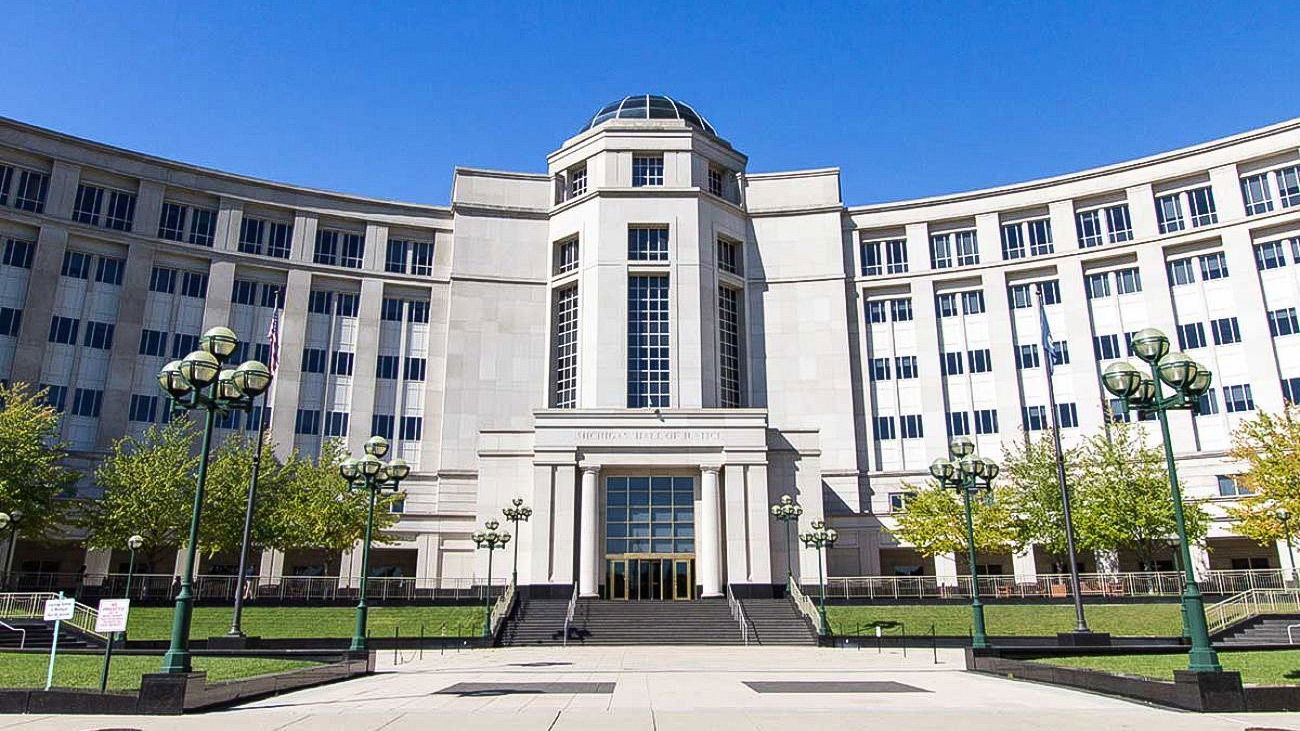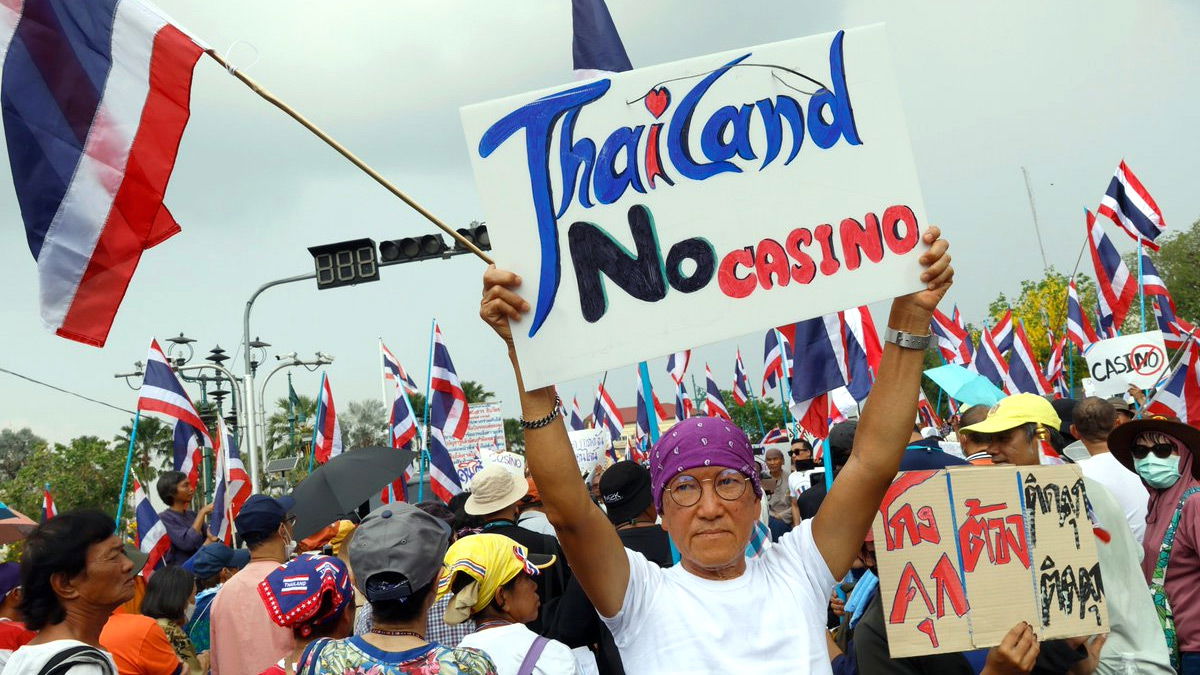Michigan: Supreme Court declines to Hear Sault Tribe’s casino case, blocking Detroit-area expansion

The Sault Ste. Marie Tribe of Chippewa Indians’ effort to build a new casino near Detroit has seemingly reached a dead end after the United States Supreme Court declined to take up the tribe’s appeal. The decision leaves intact lower court rulings that sided with the U.S. Department of the Interior (DOI), effectively halting the tribe’s plans to expand its gaming operations into Michigan’s Lower Peninsula.
The dispute is the interpretation of the Indian Gaming Regulatory Act, which permits tribes to conduct gambling activities only on lands held in trust by the federal government.
The Sault tribe, which operates five Kewadin Casinos on Michigan’s Upper Peninsula, sought to have a parcel near Detroit, known as the Sibley Parcel, taken into trust to build a new casino. The DOI denied the request, arguing that adding the land did not sufficiently “enhance” the tribe’s existing territory, as required under federal standards.
The tribe filed suit against the DOI, claiming the additional casino was essential to its long-term financial health. After lower courts ruled against it, the tribe submitted a petition to the Supreme Court in December, hoping for a reversal.
This week, the Court issued a routine order listing the tribe’s case among dozens of petitions it would not hear, offering no comment on the matter. Of the roughly 7,000 to 8,000 petitions filed each year, the Court typically accepts only about one percent.
The Sault tribe purchased the Sibley Parcel in 2012 with plans to build a casino that would support tribal education, health, cultural initiatives, and charitable projects, requirements outlined in the Michigan Indian Land Claims Settlement Act.
However, DOI officials disputed whether the proposed casino would direct enough of its revenues toward these ends. The Department noted that an initial tribal resolution earmarked only five percent of the projected profits for tribal welfare, concluding that it fell well short of demonstrating the land would be used for qualifying purposes.
“Although the Tribe now represents that ‘all net gaming revenues will be dedicated to advancing tribal welfare,’ […] its initial Tribal Resolution allocated only five percent to the welfare of certain Tribe members,” the DOI wrote in its findings. “And that falls far short of demonstrating an ‘educational, social welfare, health, cultural, or charitable purpose’ for the funds expended to purchase land.”
In its arguments to the Supreme Court, the tribe maintained that the DOI’s reading of the law ignored the needs of certain tribal members and pointed to previous high court rulings that had sided with tribal interests. But with the Court declining to intervene, the DOI’s interpretation stands, leaving the Sault tribe’s proposed Detroit-area casino off the table.
Meanwhile, the tribe’s existing Kewadin Casinos have faced their own challenges. In February, a cyberattack forced the temporary closure of all five properties, which only reopened in phases after more than two weeks. Details on the scope of the breach, including whether customer data was compromised, have not been made public.


















































